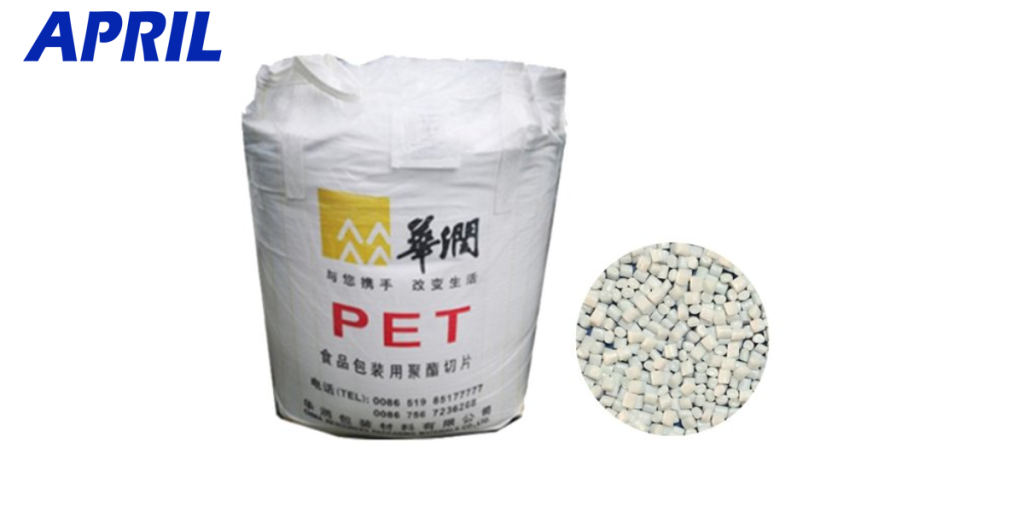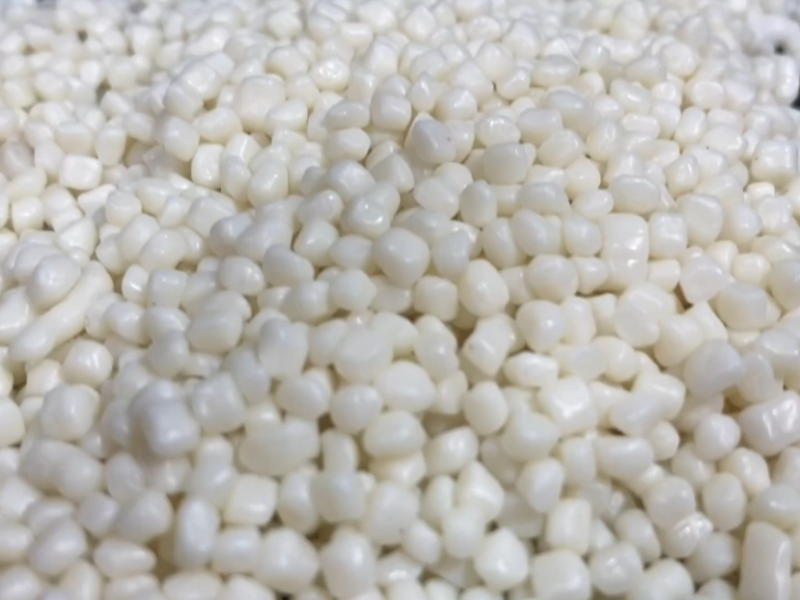
Polyethylene terephthalate (PET) is a thermoplastic polymer that belongs to the polyester family. It is synthesized through the polymerization of terephthalic acid or its dimethyl ester with ethylene glycol. PET has gained significant popularity due to its numerous advantages, excellent properties, versatile applications, and efficient processing methods.
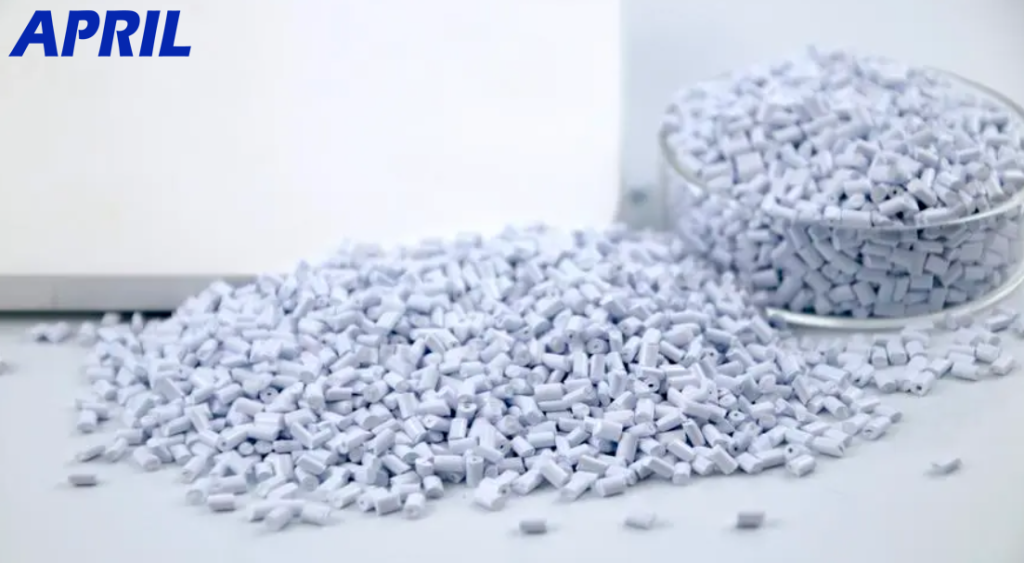
PET offers several advantages that make it a preferred choice in various industries. Firstly, it has excellent mechanical properties, including high tensile strength and stiffness, which contribute to its durability and ability to withstand significant loads. Additionally, PET exhibits good chemical resistance, making it resistant to various acids, alkalis, and solvents. Moreover, it is highly transparent, enabling it to be used for packaging applications where visibility of the contents is essential. PET is also lightweight, which makes it ideal for applications where weight reduction is crucial.
In terms of performance, PET demonstrates outstanding dimensional stability, meaning it retains its shape even when exposed to high temperatures. This property makes it suitable for applications that involve heat treatment, such as bottle blowing and thermoforming. PET also exhibits excellent barrier properties against oxygen and carbon dioxide, making it an excellent material for food and beverage packaging. Furthermore, PET is highly recyclable, allowing for sustainable use and reducing environmental impact.
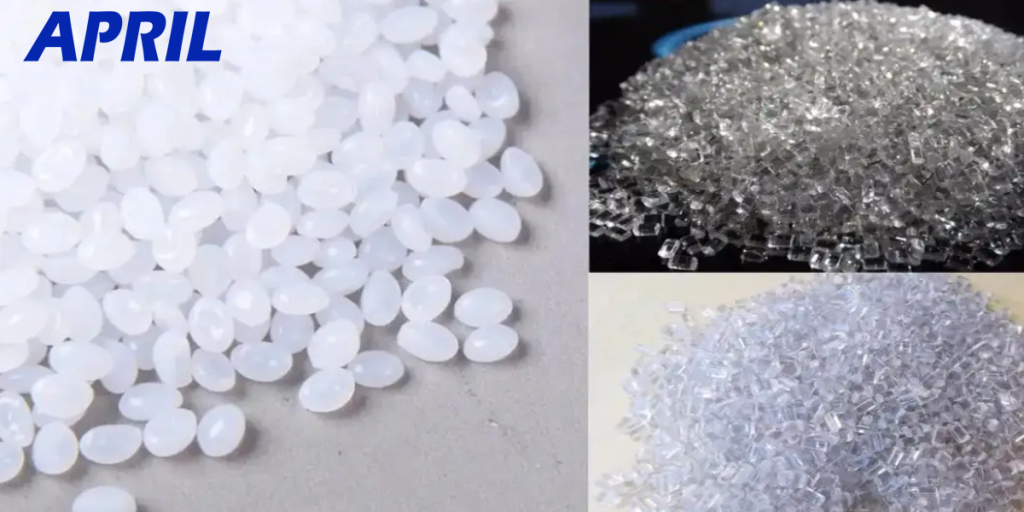
PET finds extensive application in various industries. One of its most common uses is in the manufacturing of beverage bottles, where its transparency, lightweight nature, and good barrier properties are advantageous. PET is also utilized in the production of food packaging, such as trays, containers, and films, due to its excellent resistance to chemicals and moisture. Additionally, PET is employed in the textile industry for creating fibers and fabrics, as well as in the electrical industry for insulation purposes.
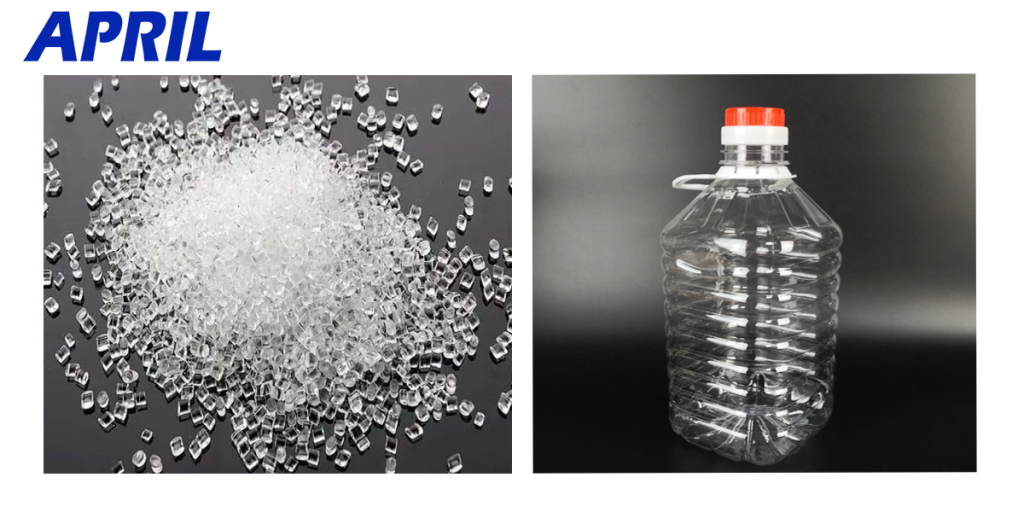
The processing of PET involves several methods, depending on the desired application. Injection molding is commonly used to produce intricate shapes and designs, such as bottle preforms and automotive components. Blow molding is utilized for creating bottles and containers with hollow shapes. PET can also be extruded into sheets and films using extrusion processes, which are employed for packaging applications and thermoforming. Moreover, PET can be spun into fibers through a process called melt spinning, allowing for the production of polyester fabrics.
In conclusion, PET is a versatile thermoplastic polymer that offers numerous advantages and excellent performance. Its mechanical strength, chemical resistance, transparency, and recyclability make it an ideal choice for a wide range of applications, including packaging, textiles, and electrical insulation. The efficient processing methods, such as injection molding, blow molding, and extrusion, enable the production of various PET-based products. With its exceptional properties and versatility, PET continues to play a vital role in modern industries.
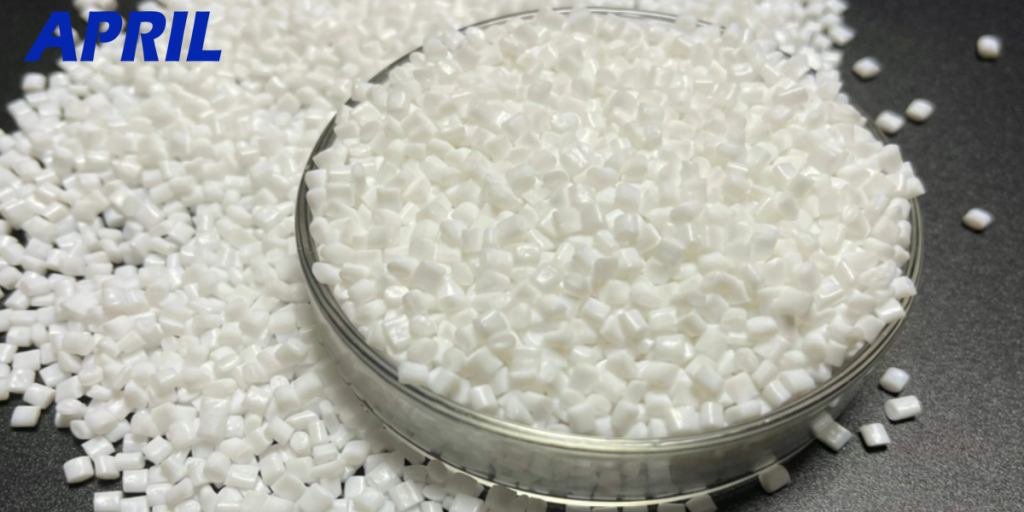
To meet market demands, our company boasts a strong production capacity and efficient supply chain management. With an annual output of more than 10,000 tons, we can cater to both small-scale sample requests and large-scale bulk orders. We pride ourselves on customer satisfaction and prioritize building long-term partnerships. Our goal is to foster mutual growth and success through continuous innovation and superior service.
If you are seeking a reliable supplier of high-quality PET, we warmly invite you to collaborate with us. Please reach out to our sales team for further information and personalized solutions. We look forward to establishing a long-term partnership with you and adding value to your business.
